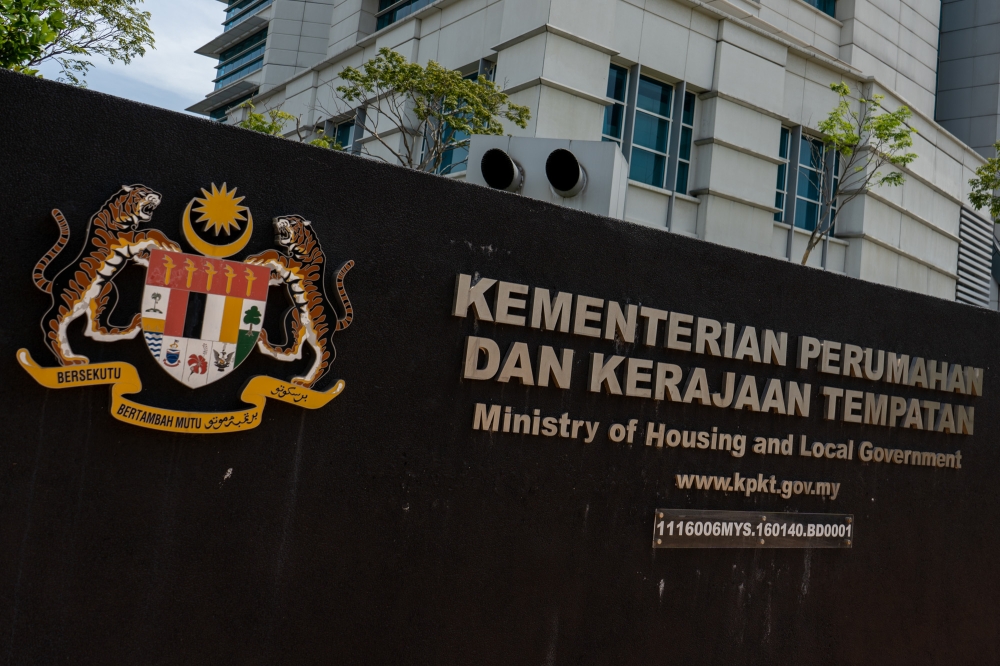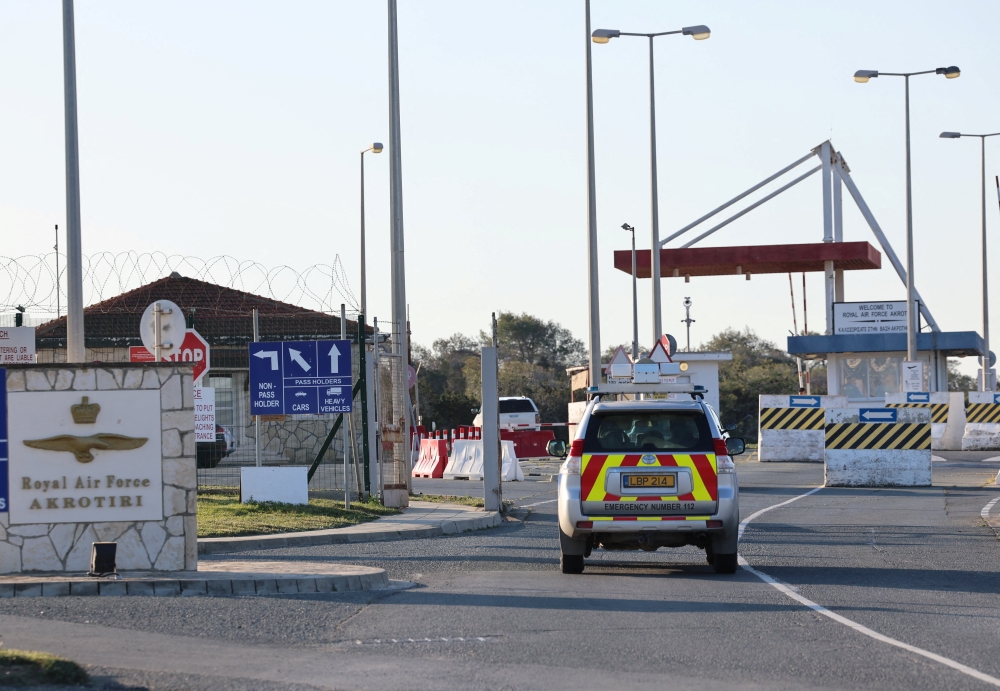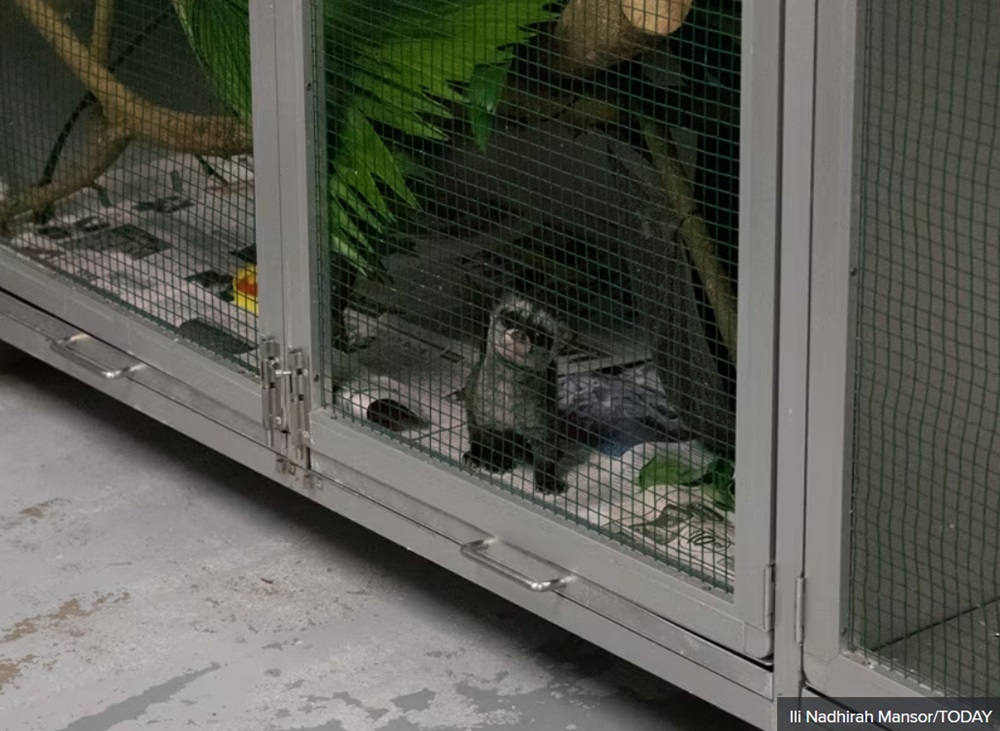SINGAPORE, June 10 — From June 15, the wildlife rescue hotline run by the Animal Concerns Research and Education Society (Acres) will cease to operate on a 24-hour basis, the animal protection charity said in a Facebook post on Saturday (June 8).
Having operated the 24-hour hotline for the past decade, Acres said it is no longer able to do so for the full duration, due to a lack of funding and an increase in the number of wild animals it rescues and rehabilitates.
The hotline will still be manned from 7am to 1am daily.
During unmanned hours, Acres said it will provide “automated guidance” via WhatsApp for situations that can be handled by untrained persons.
It will also offer alternative means of help for animals that require urgent rescue.
TODAY has reached out to Acres for more information.
In January 2021, Acres told TODAY that it received about 1,200 calls monthly to its hotline. Overall, the charity racked up operating costs of about S$80,000 a month then.
“For the past decade, our 24-hour Wildlife Rescue Hotline has been vital in saving the lives of countless animals,” said Acres in its Facebook post on Sunday.
“Our dedicated staff work hard and tirelessly to rescue and give injured wild animals a second chance.”
It added that it will review its hotline operations “periodically” as it continues to “fundraise to engage more staff”.
TODAY has also reached out to the National Parks Board (NParks), which works with third-party contractors to handle human-wildlife issues, for comment.
What to do when encountering wildlife in Singapore
On its website, Acres states that “in most instances”, those who encounter native wildlife should leave the animal where it is.
“As a city island, these animals have learnt to adapt in the urban environment. As a result, we tend to see them often. Removing wild animals from their natural habitat is a criminal offence for the majority of species in Singapore,” the website states.
If the wild animal is in distress or severely injured, the public can call the Acres hotline and provide the following information:
- Describe the animal to the rescue officer — including providing details on the type of animal, size, colour and its markings or distinct features
- Describe any injuries
- Indicate if there are any other animals nearby
- Send a text or WhatsApp message of the animal’s photo to the hotline
If the animal needs immediate assistance, is in immediate danger, or may escape, the public can do the following while waiting for help to arrive:
- Where possible, it is recommended to not pick the animal up with one’s hands, even if one is wearing gloves
- If an animal is severely injured or immobile, simply place a container over the top of the animal. Then, slide the container lid or a thin board underneath, and gently turn the container so the animal ends up in the container. Cap the container and ensure there are breathing holes in it
- Keep the animal warm (between 26°C and 30°C, or at 32°C for newborn mammals), and in a quiet and dark environment
NParks’ website also has information on how to react when encountering different animals in Singapore — including macaques, monitor lizards and pangolins.
The public may also call NParks’ 24-hour Animal Response Centre at 1800-476-1600 for help with wildlife-related issues. — TODAY




















